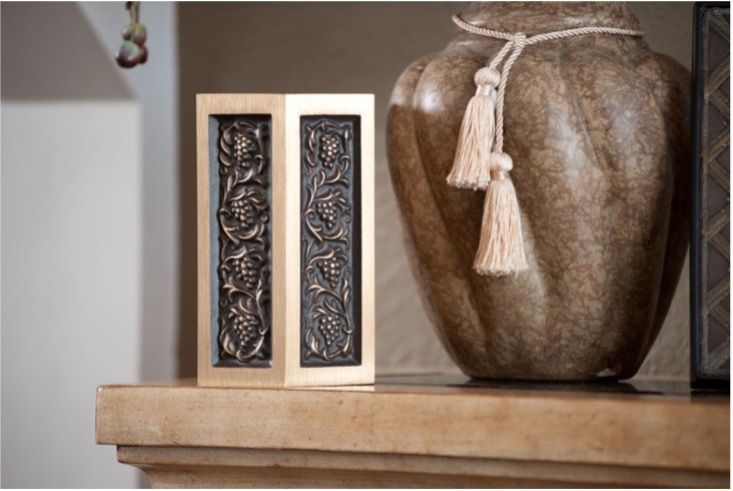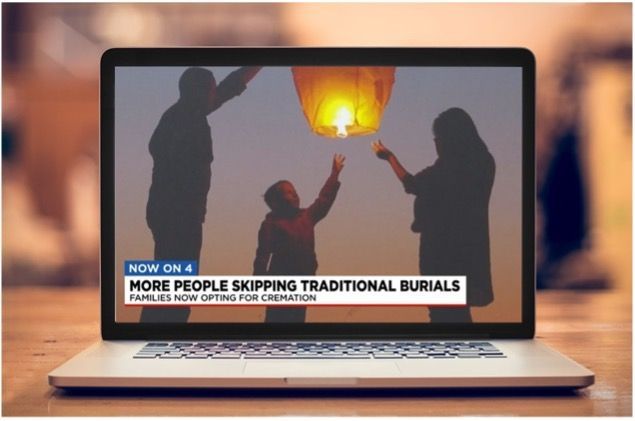When a doctor decides that a patient no longer has the capacity to make decisions on their own, an Advanced Health Directive
allows them to identify a Durable Power of Attorney to make all health care and death decisions. Here at Lumen Cremation
, we hear from many Nashville
families who find themselves in unexpected situations – and who are extremely grateful that their loved one created an advance directive.
By creating an advance directive, you can consider and plan for the unthinkable ahead of time, so that your wishes are known. This makes it easier for your healthcare providers to determine the best course of action that abides by your desires and removes the pressure from your loved ones to make those decisions.
Advance directives
refer to legal documents that address situations related to your medical decisions, should you ever become incapacitated.
The goal is to alert your health care team on what you want, along with other directives, such as whether you want to be resuscitated, or whether you want to donate your organs in case of death.
An advance directive gives you the chance to think these things through with a clear mind and make necessary decisions in accordance with your beliefs, values, personal preferences, and medical history.
Components of an Advance Directive
A legally binding advance directive is typically comprised of at least two parts. However, there are additional components you can add, and how you choose to combine them is up to you and the laws of your state.
This directive names the person you choose to give durable power of attorney for healthcare (DPAHC) , otherwise known as your healthcare proxy. This person can be anyone you trust to make decisions for you if you’re unable to advocate or decide for yourself.
This personal should be aware of all previous medical history, as well as your personal preferences and beliefs. They can decide whether to provide life support treatments, refuse or approve medical procedures, medications, medical tests, pain management devices, and more.
They can also apply for insurance in your stead. Essentially, they speak for you in every aspect of your medical care and can even choose whether to move you to an assisted living facility or choose where to seek treatment. It’s important that your healthcare proxy be someone you trust implicitly.
A living will dictates your healthcare wishes regarding the extent and types of medical treatments you want or don’t want, or want to limit. Tube feedings, medications, surgeries, and IV fluids typically fall under this document.
This directive often includes points about life support treatments, such as use of a ventilator, IV or tube feeding, surgeries, pain medications, blood transfusions, dialysis, and more.
These clauses are especially important if you’re in a vegetative state, fall into a coma, or you suffer from a progressive or terminal illness that makes you unlikely to be able to make such decisions in the future.
DNR (Do Not Resuscitate) Order
This document address whether you want life-saving measures––like CPR––used if you stop breathing or your heart stops beating. This could be a separate document or a part of your Living Will or Medical Directive.
This document is a series of questions that outlines your personal views and beliefs on topics related to life and death, so that your proxy and providers can make decisions they know will honor those values.
Advance directives are important to help keep you in control of your own medical care. They are written and signed by you and may require up to two witnesses. They leave no ambiguity in expressing what you want.
Keep in mind that advance directives apply only to your healthcare decisions. They have no bearing on financial or inheritance matters. It’s also important to note different states and countries have different advance directive laws. Discuss these things with your healthcare provider before you make any decisions and update your directives on a regular basis.









